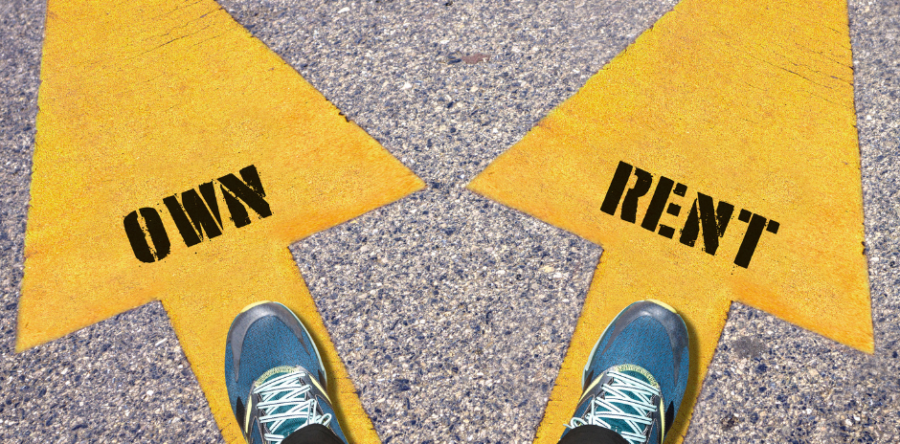As the automotive landscape continues to evolve, prospective car buyers in 2024 face a multitude of choices when it comes to acquiring a vehicle. The decision to buy new, buy used, or lease a car involves weighing various factors, from financial considerations to personal preferences and environmental impact. In this blog, we'll explore the pros and cons of each option to help you make an informed decision.
Buying New: The Appeal of the Fresh Ride
For many, the allure of a brand-new car is undeniable. The latest models come equipped with cutting-edge technology, improved safety features, and the peace of mind that comes with a comprehensive warranty. Additionally, new cars often boast enhanced fuel efficiency and reduced emissions, aligning with the growing environmental consciousness.
Pros:
- State-of-the-art features: New cars typically come with the latest advancements in technology, safety, and comfort.
- Warranty coverage: Comprehensive warranties provide protection against unexpected repairs, offering peace of mind.
- Customization: Buyers can choose the exact make, model, color, and features that suit their preferences.
Cons:
- Depreciation: New cars experience significant depreciation in the first few years, leading to a potential loss in resale value.
- Higher costs: The initial purchase price, insurance, and taxes for new cars are generally higher than those for used vehicles.
Buying Used: Finding Value in Pre-Owned Cars
Opting for a used car can be a savvy financial decision. With careful research and inspection, buyers can find reliable vehicles with lower price tags, avoiding the steepest depreciation period that new cars undergo.
Pros:
- Cost savings: Used cars often come with a more affordable price tag, allowing buyers to get more value for their money.
- Slower depreciation: Pre-owned cars have already experienced the steepest depreciation, stabilizing their future resale value.
- Vehicle history reports: Buyers can access detailed reports on a used car's maintenance, accidents, and ownership history, aiding in informed decision-making.
Cons:
- Limited warranty: While some used cars may still have a portion of their original warranty, it is generally shorter than that of a new car.
- Technology lag: Older models may lack the latest features and advancements found in new vehicles.
Leasing: The Path to Flexibility
Leasing a car offers a different approach, providing flexibility and the opportunity to drive a new vehicle more frequently. Monthly lease payments are typically lower than loan payments, making this option appealing for those who prioritize short-term affordability and want to avoid the long-term commitment of ownership.
Pros:
- Lower monthly payments: Lease payments are often lower than loan payments, allowing for a more affordable short-term commitment.
- Regular upgrades: Leasing enables drivers to experience the latest models more frequently, staying current with technological advancements.
Cons:
- Mileage restrictions: Lease agreements often come with mileage limits, and exceeding them can result in additional fees.
- No ownership equity: Unlike buying, leasing doesn't contribute to ownership equity, and at the end of the lease term, the car is returned to the dealership.
Conclusion
The decision to buy new, buy used, or lease a car in 2024 ultimately depends on your unique circumstances, priorities, and preferences. Consider factors such as your budget, desired features, environmental concerns, and long-term plans for vehicle ownership. Whether you prioritize the latest technology, seek financial efficiency, or value flexibility, the diverse options available in the automotive market allow you to find a solution that aligns with your needs on the ever-evolving road of 2024.


